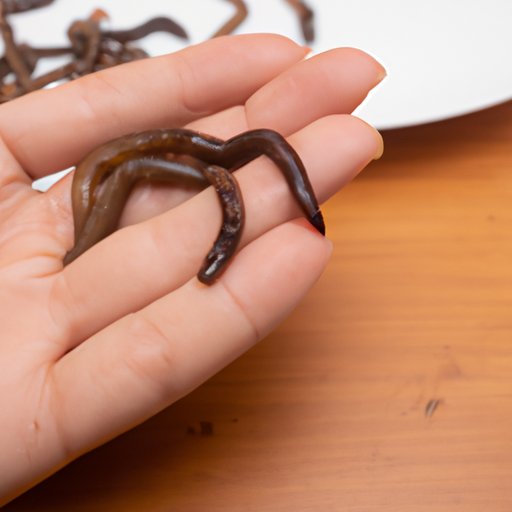
Introduction
Ringworm is a common fungal infection that affects the skin, scalp, and nails. Despite its name, it is not caused by a worm but rather a type of fungus. The condition can be frustrating and even embarrassing, but it is treatable. Understanding how to get rid of ringworm permanently is essential in managing and preventing the infection from recurring.
Identifying the Symptoms of Ringworm
Common symptoms of ringworm include circular rashes on the skin, itching, redness, and even hair loss on the scalp. It is important to seek medical advice if the rash is not improving or if it affects the face or scalp. Adhering to prescribed treatment is crucial in managing and preventing the spread of ringworm.
Natural Home Remedies to Cure Ringworm
Many natural remedies can help treat ringworm, such as tea tree oil, apple cider vinegar, and garlic. These remedies have antifungal properties that can help stop the spread of the fungus. Different methods of application include topical creams, compresses, and oils. Additional tips for using home remedies effectively include maintaining good hygiene practices, avoiding tight clothing, and wearing breathable fabrics like cotton.
Maintaining Good Hygiene Practices
Good hygiene is essential in preventing and eliminating ringworm. Specific hygiene habits to follow include washing your hands frequently, not sharing personal items like towels and clothes, and keeping affected areas clean and dry. It is also important to disinfect any surfaces that may have come into contact with the fungus. Furthermore, it is vital to take measures not to spread the infection to others, such as not sharing personal items and avoiding skin-to-skin contact when affected.
Fungal-Free Diet
Diet can affect the likelihood of developing ringworm because fungi thrive on sugar. Foods to avoid include sugary and processed foods, dairy, and alcohol. Foods to include in your diet to help support your immune system include fruits, vegetables, nuts, and seeds. Maintaining a balanced diet can help boost your immune system and prevent the development of ringworm.
Prevention is Key
Preventative measures can reduce the risk of ringworm infections. Tips for staying safe in public places include wearing shoes or sandals in public places like public pools, gym locker rooms, and showers. It is also important to be aware of ringworm risks for pets, as they can carry the fungus. Regular veterinary check-ups for your pets and maintaining good hygiene practices for them, such as bathing, can help prevent ringworm transmission.
Conclusion
Learning how to get rid of ringworm permanently requires a combination of treatments, good hygiene practices and a healthy lifestyle. Home remedies can help manage the symptoms of ringworm, but it is vital to seek medical advice if the infection persists or if it affects the face or scalp. Adopting good hygiene habits, following a fungal-free diet, and taking preventative measures can help reduce the risk of getting ringworm and prevent it from recurring.





